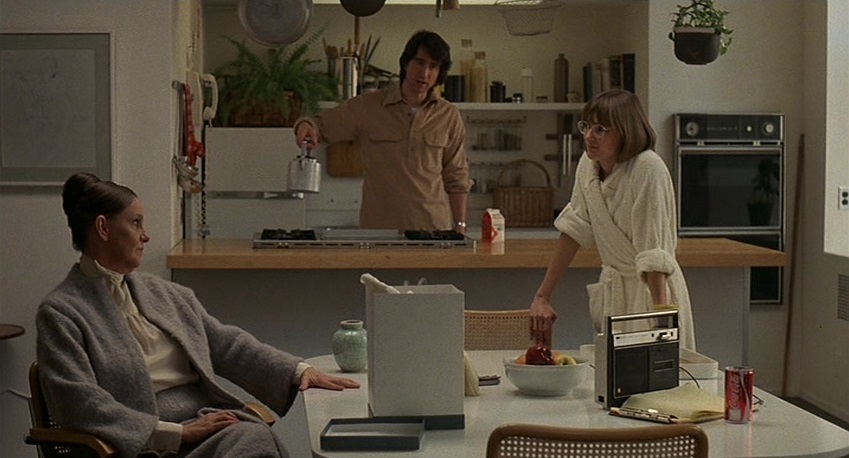| Academy Award Nominations: |
| Best Director: Woody Allen |
| Best Actress: Geraldine Page |
| Best Supporting Actress: Maureen Stapleton |
| Best Original Screenplay: Woody Allen |
| Best Art Direction: Mel Bourne |
|
| Golden Globe Nominations: |
| Best Director: Woody Allen |
| Best Actress (Drama): Geraldine Page |
| Best Supporting Actress: Maureen Stapleton |
| Best Screenplay: Woody Allen |
|
| Other Awards: |
| New York Film Critics Circle: Best Supporting Actress (Stapleton) |
| Los Angeles Film Critics Association: Best Supporting Actress (Stapleton; tie) |
| British Academy Awards (BAFTAs): Best Supporting Actress (Page) |

